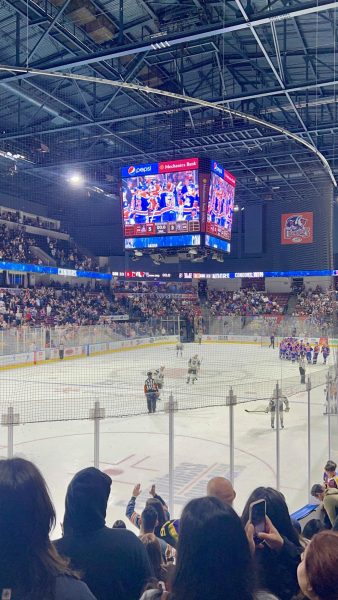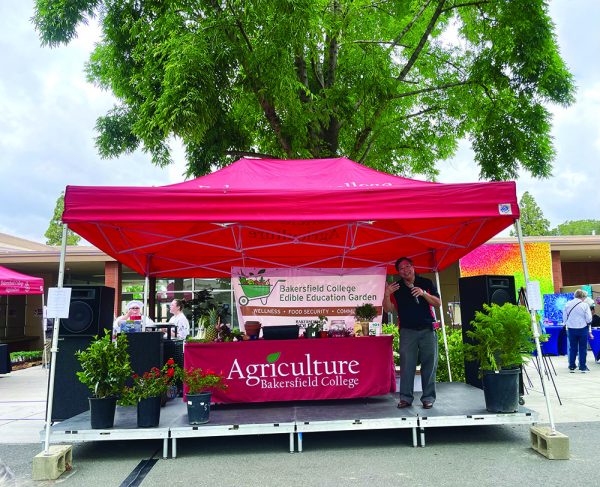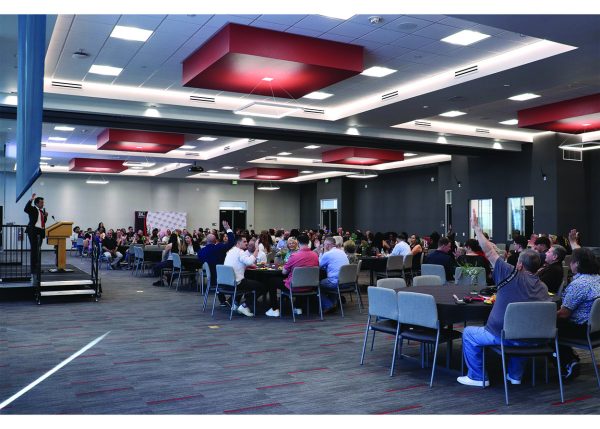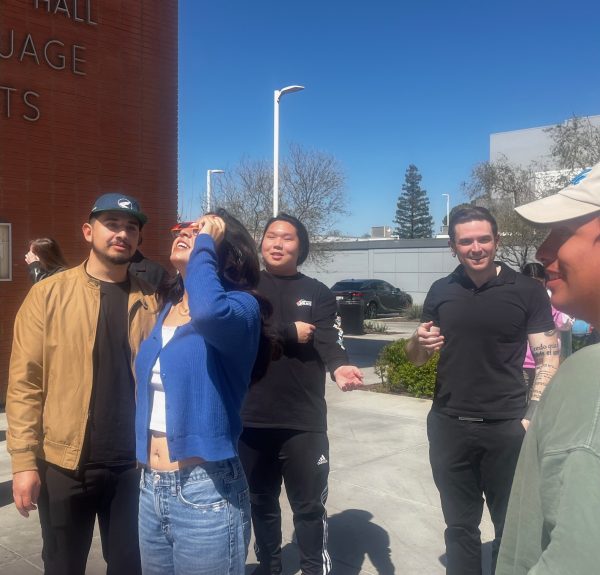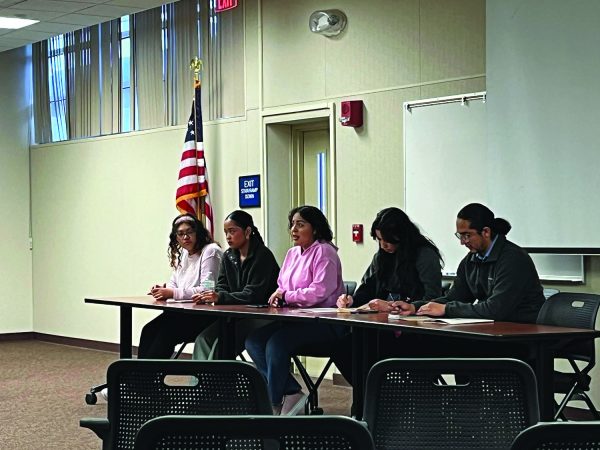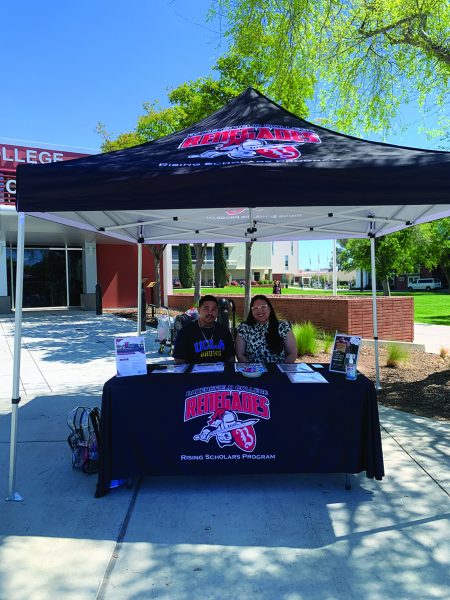Third President Seminar
March 4, 2021
The third forum in the President’s all-campus virtual seminar series was held on Feb 23. Bakersfield College faculty spoke about how they have been working through the pandemic.
Bakersfield College President Sonya Christain gave a brief opening statement and introduced the panelists. The webinar panelists were Bakersfield College Vice President Billie Jo Rice, Rosita Baron, Director of the Child Development Center, Jeremy Staat, Welding Professor, and Culinary Arts Professor Anna Melby.
According to Rice, students and faculty will still be asked to complete daily health checks on the pass app, which will say who can and cannot step onto the BC campus. “Depending on how fast the vaccinations roll out, we may strategically choose buildings to reopen,” Rice added. There will also be markers that will help maintain 6 feet apart distance in the classrooms.
“Keep in mind, what life looks like now is not what life will look like six months from now,” Rice said.
The Child Development Center (CDC) has been opened for the past year. They first started with distance learning for the children. With the governor’s okay, the center began to open the classrooms and implemented safety protocols to make sure the children, faculty, and parents feel comfortable.
Baron said, the children do not wear face masks, but faculty are required to do so; faculty at the CDC sometimes switch the face mask out for a face shield when a new child is brought in to become familiar and see who their teacher will be. With a class of 24, Baron said that 13 students receive their lessons in person, and 11 of them are doing their lessons from home, and that this process has been working well for them. “I can honestly say we really did our best to keep our children safe,” Baron added.
Staat spoke about how the welding classroom environment was already in a COVID-19 free working environment. Students have their own working space, are socially distant, and wear protective gear when in the classroom.
Staat shared how the Welding Department was adjusting to the hybrid learning environment. “That was probably the biggest obstacle we faced,” he said.
The hybrid learning environment has shown the department great results from students. “This format has helped and prepared the welding students for when they come into the classroom,” Staat added.
Melby shared how the culinary program has been going since last fall semester. “We did work really hard on creating protocols so that we can actually come back in the fall, and we are still using those in the spring,” Melby said.
Entering the classroom protocols are heavily implemented, Melby added. Faculty makes sure that students have the pay green pass to enter the classroom, have their temperature checked, and that students are wearing face masks.
The culinary department is also utilizing the hybrid learning model, Melby also sees this learning model better prepare students for their lab time in the classroom.





